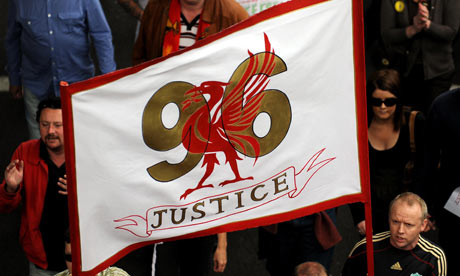Britainia Handiak 2020ko urtarrilaren 31n Europako Batasuna formalki utzi zuenean, bere aldekoek ospatu zuten “subiranotasun britainiarra” berrezarri zela, baina Brexitak bultzada berri bat eman dio estatu britainiarraren desintegrazioari, Eskoziaren independentziari eta Irlandaren batasunari emandako babesa handituz. EBk, oro har, begiko ditu asmo horiek, baina neurri handi batean pasiboa izan da, haustura politikoarekiko duen higuina dela eta. Baliteke jarrera hori aldatu behar izatea.
Irlandako mugak zailtasun larriak eragin ditu Brexit-aren negoziazioetan eta ordutik hona. EBren muga porotsu berri batek, gatazka osteko eremu batean, merkatu bakarra eta EBko aduana-batasuna mehatxatzen zituen, eta irudimenezko konponbideak eskatzen zituen. Azken erantzunak, Brexita Erretiratzeko Akordioaren “Irlanda/Ipar Irlandari buruzko Protokoloak”, eszenatoki bat negoziatu zuen “bi munduetako onena” jasoz: merkatu bakarra, eskualde-ekonomia, jurisdikzio britainiarra eta 1998ko Ostiral Santuko Akordioan ezarritako eskubideak babestea.
Hala ere, Britainia Handiak mugari eta Irlandako iparraldeari emandako tratu arduragabeak bultzada berri bat eman dio Irlandako batasunari buruzko eztabaidari.
Irakurri artikulu osoa Gure Esku - Periskopioan.









